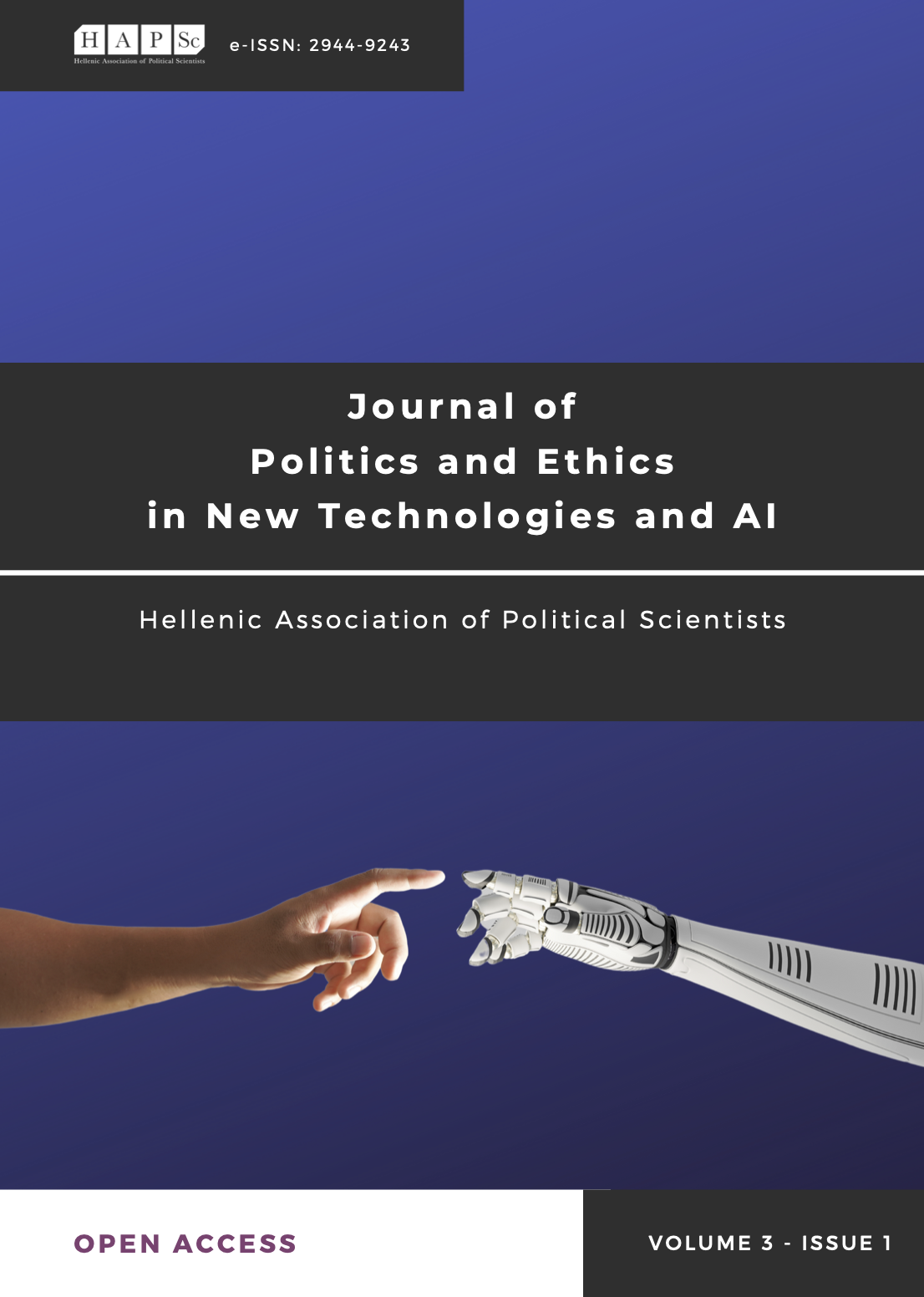Policy Strategies for Training Public Sector Executives to Develop Artificial Intelligence Skills

Abstract
The aim of the study is to present the current situation regarding the strategies and policies for the development of AI skills in public sector executives and to establish a holistic training framework based on European and international standards. The paper systematically presents the existing literature on AI, focusing on policy strategies for the training of public sector executives. Hence, the key points of the strategies for AI, as well as the UNESCO Competency Framework for Digital Transformation and AI, the e-CF, the DigComp and the EQF frameworks are presented. Based on the theoretical tools emerged from the literature review, an assessment of the existing situation and the identification of the needs of the Greek reality is presented. Most importantly, the paper attempts to create a holistic four-level strategic framework, which can be used by the public administration as a roadmap to lay the foundations for a basis for public sector training programmes, and which takes into account a number of factors, such as the hierarchical structure of the public administration, the various qualification and competence frameworks, as well as the principles of educational design and adult education.
Article Details
- Section
- Research Articles

This work is licensed under a Creative Commons Attribution 4.0 International License.
Authors retain copyright and grant the journal right of first publication with the work simultaneously licensed under Creative Commons 4.0 (CC-BY 4.0) license, that allows others to share the work with an acknowledgement of the work's authorship and initial publication in this journal.





